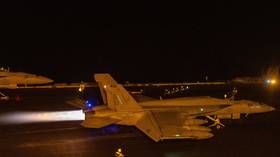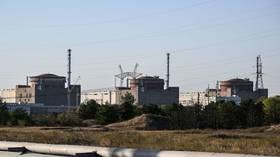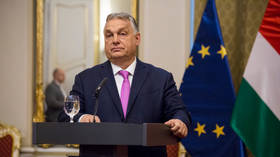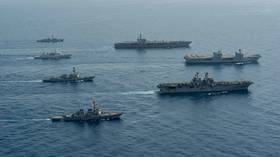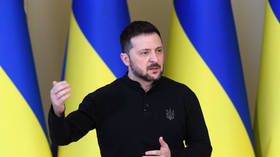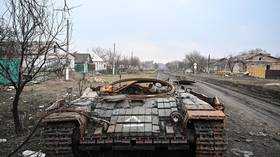Putin orders a huge Far Eastern oil and gas project be re-organised: Is Russia kicking the West out of key energy deals?
The Kremlin has decided that ownership of the LNG operation should be changed to a new domestic entity
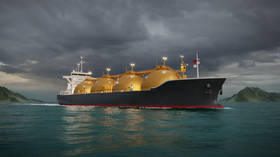
President Vladimir Putin has signed a decree to transfer the rights of the giant Sakhalin-2 oil and liquefied natural gas project to a new Russian company. The move comes in response to actions from “unfriendly states” and could force out foreign stakeholders, including British and Japanese investors.
- What is Sakhalin-2?
It is one of the world's largest LNG projects with an annual output of 12 million tons. The joint venture between Russia’s Gazprom, Japan’s Mitsui and Mitsubishi and UK-based Shell was launched in 2009. The facility is located on the Russian island of Sakhalin in the Pacific Ocean, north of Japan. It supplies LNG mainly to markets in Asia. - Who are the stakeholders in the project?
Sakhalin-2 was managed and operated by the Sakhalin Energy Investment Company. The majority stake (50%) plus one share belongs to Saint Petersburg energy giant Gazprom. Shell, the world’s largest LNG trader, holds a 27.5% minus one share stake, Mitsui’s share totals 12.5%, while Mitsubishi has a 10% stake in the project. - What does Putin’s decree say?
The presidential order creates a new Russian firm to take over all the rights and obligations of Sakhalin Energy Investment. Gazprom will retain its stake while the other partners have one month to indicate whether they want a share in the new company. If permission is denied by the Russian government, the stakes would be divested and the proceeds from the sale would be moved to a special account. The money could then be used to repay unspecified damages or be sent to the shareholder under the production sharing agreement, according to the decree. Those who chose to exit may not be fully compensated. - Is Russia nationalizing the project?
The change of ownership of Sakhalin-2 cannot be considered nationalization, according to Kremlin spokesman Dmitry Peskov. When asked by reporters on Friday whether other energy projects would follow, Peskov replied that each situation will be considered on a case-by-case basis. - How have foreign stakeholders reacted?
Shell said on Friday that the company was aware of the decree and was “assessing its implications.” The firm made clear its intention to quit the project months ago and has been in talks with potential buyers, including from China and India. Those plans appear to be in jeopardy.
Japan has previously said it would not give up its interests in the Sakhalin-2 project, which is important for its energy security. Moscow earlier accused Japan of benefiting from its participation in the project while being an “unfriendly nation” that joined the West in placing sanctions on Russia. It won’t be easy for Japan to withdraw from the project, experts point out. Replacing Russian LNG from Sakhalin-2 would reportedly cost Tokyo $15 billion, with the price tag for imports jumping 35% if Mitsui and Mitsubishi opt out. But now Russia could make the decision for Japan and redirect its imports to other nations, such as China, India, or Vietnam. - Could the changes hamper LNG supplies?
Moscow sees no grounds for supplies to stop from Sakhalin-2 after the new operator takes over. However, some analysts warn the move may unsettle an already tight LNG market, taking into account that the European Union is adding to increased competition for liquified natural gas amid a global energy crunch. Sakhalin-2 supplies about 4% of the world’s current LNG market.
For more stories on economy & finance visit RT's business section
You can share this story on social media:
Dear readers! Thank you for your vibrant engagement with our content and for sharing your points of view. Please note that we have switched to a new commenting system. To leave comments, you will need to register. We are working on some adjustments so if you have questions or suggestions feel free to send them to feedback@rttv.ru. Please check our commenting policy



